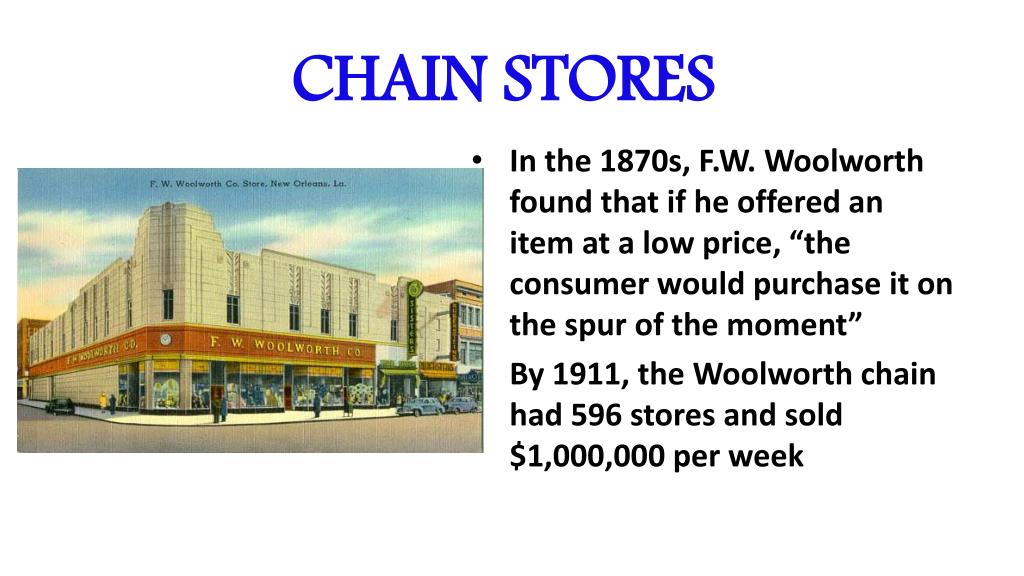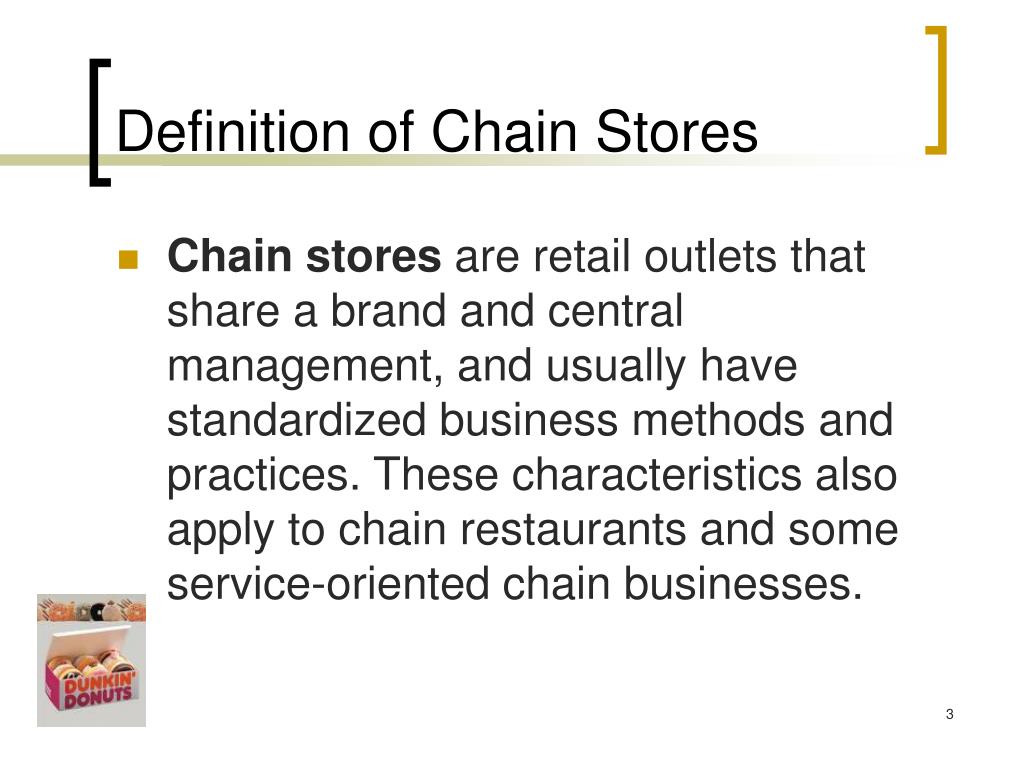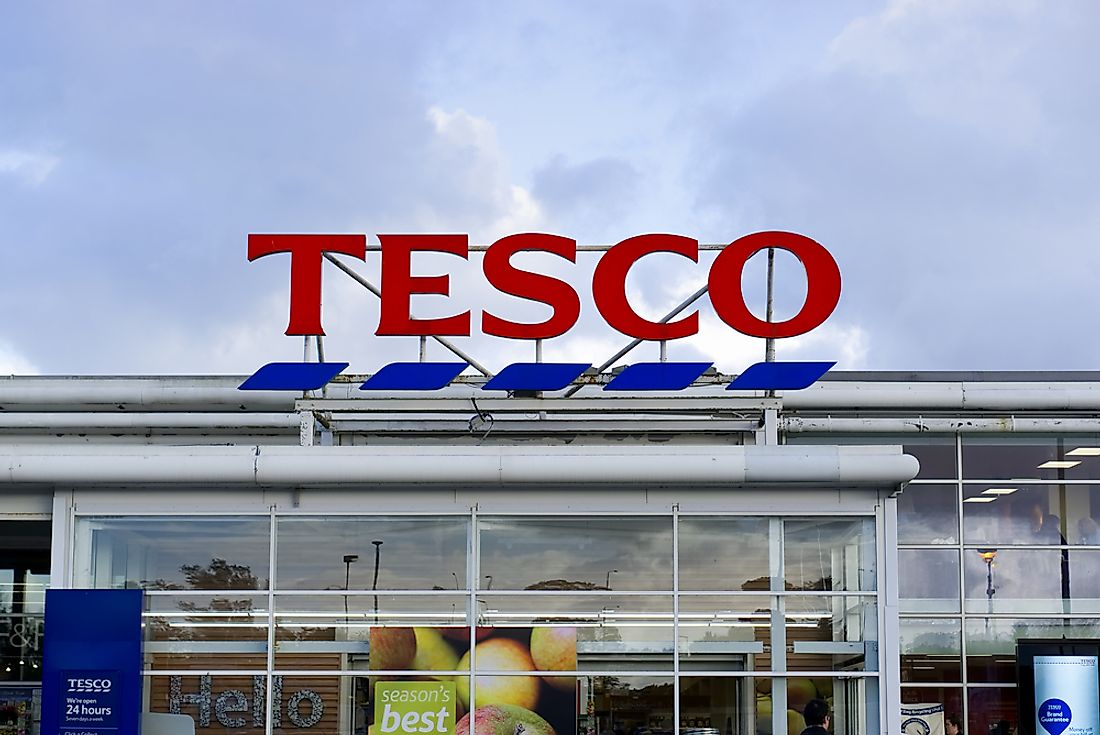The Enduring Legacy of Chain Stores in the UK: A Comprehensive Exploration
Related Articles: The Enduring Legacy of Chain Stores in the UK: A Comprehensive Exploration
Introduction
With great pleasure, we will explore the intriguing topic related to The Enduring Legacy of Chain Stores in the UK: A Comprehensive Exploration. Let’s weave interesting information and offer fresh perspectives to the readers.
Table of Content
The Enduring Legacy of Chain Stores in the UK: A Comprehensive Exploration

Chain stores, a ubiquitous feature of the UK’s retail landscape, have played a pivotal role in shaping consumer habits and economic development. Their impact extends beyond mere convenience, encompassing factors such as employment, economic stability, and the evolution of shopping experiences. This exploration delves into the history, significance, and future prospects of chain stores in the UK, providing a comprehensive understanding of their multifaceted nature.
Historical Roots and Evolution:
The origins of chain stores in the UK can be traced back to the late 19th century, with the rise of department stores like Harrods and Liberty, offering a wide array of goods under one roof. The early 20th century witnessed the emergence of specialized chain stores, catering to specific needs like groceries (Tesco, Sainsbury’s), clothing (Marks & Spencer, Next), and pharmaceuticals (Boots). These early pioneers established a foundation for the modern chain store landscape.
Post-World War II, the UK experienced a surge in consumerism, fueled by economic growth and increased disposable income. This period saw the proliferation of chain stores, expanding their reach into suburbs and smaller towns. The rise of supermarkets like Tesco and Sainsbury’s transformed grocery shopping, offering greater variety, convenience, and lower prices.
The latter half of the 20th century witnessed the emergence of new formats, such as discount stores (Poundland, B&M), home improvement retailers (B&Q, Homebase), and fast-fashion chains (Primark, H&M). This diversification reflected evolving consumer preferences and the increasing importance of value for money.
The Significance of Chain Stores:
Chain stores contribute significantly to the UK economy in various ways:
- Employment: Chain stores are major employers, providing jobs across a wide range of sectors, from retail assistants to management positions. They offer opportunities for both experienced professionals and entry-level workers, contributing to overall employment levels.
- Economic Stability: Chain stores contribute to economic stability by providing a consistent source of revenue and investment. Their presence helps to maintain a vibrant retail sector, sustaining local economies and supporting ancillary businesses.
- Competition and Consumer Benefits: The competition between chain stores fosters innovation and drives down prices, offering consumers a wider choice of products and services at competitive rates. This competitive environment benefits consumers by ensuring value for money and driving quality improvements.
- Accessibility and Convenience: Chain stores provide widespread accessibility, ensuring that consumers can find the goods and services they need regardless of their location. Their standardized formats and consistent offerings contribute to convenience and familiarity, simplifying the shopping experience.
- Infrastructure Development: The expansion of chain stores often leads to investment in infrastructure, such as shopping centers and retail parks. This investment contributes to the development of local communities and enhances accessibility to goods and services.
Challenges and Adaptability:
Despite their significant contributions, chain stores face numerous challenges in the modern era:
- E-commerce Competition: The rise of online retailers has presented a significant challenge to traditional brick-and-mortar stores. Consumers increasingly prefer the convenience and wider selection offered by online platforms, forcing chain stores to adapt their strategies.
- Changing Consumer Preferences: Consumer preferences are constantly evolving, driven by factors like sustainability, ethical sourcing, and personalized experiences. Chain stores need to adapt their offerings and strategies to cater to these shifting demands.
- Economic Uncertainty: Economic fluctuations, such as recessions and rising inflation, can impact consumer spending and profitability. Chain stores must navigate these challenges through cost management, innovation, and strategic pricing.
- Competition from Independent Businesses: The rise of independent businesses, often specializing in niche markets or offering unique experiences, presents a challenge to the dominance of chain stores. Adapting to this trend requires a focus on differentiation and value proposition.
Adapting to the New Landscape:
Chain stores are actively responding to these challenges by embracing various strategies:
- Omnichannel Integration: Chain stores are integrating online and offline channels, offering seamless shopping experiences across different platforms. This includes features like click-and-collect, online ordering, and in-store digital displays.
- Focus on Customer Experience: Chain stores are investing in creating unique and memorable customer experiences, emphasizing personalized services, interactive displays, and engaging environments.
- Sustainability and Ethical Sourcing: Consumers are increasingly demanding sustainable and ethical practices from retailers. Chain stores are responding by adopting eco-friendly packaging, sourcing products responsibly, and promoting transparency in their supply chains.
- Data-Driven Decision Making: Chain stores are leveraging data analytics to understand customer behavior, optimize inventory management, and personalize marketing campaigns. This data-driven approach helps them to adapt to evolving preferences and market trends.
FAQs on Chain Stores in the UK:
-
What are the most popular chain stores in the UK?
- The most popular chain stores in the UK vary by sector, but some of the most prominent include Tesco, Sainsbury’s, Marks & Spencer, Next, Boots, Primark, H&M, B&Q, and Homebase.
-
What are the benefits of shopping at chain stores?
- Chain stores offer benefits like convenience, accessibility, standardized products, competitive pricing, and a wide selection.
-
What are the challenges faced by chain stores in the UK?
- Chain stores face challenges like e-commerce competition, changing consumer preferences, economic uncertainty, and competition from independent businesses.
-
How are chain stores adapting to these challenges?
- Chain stores are adapting by integrating online and offline channels, focusing on customer experience, emphasizing sustainability, and leveraging data-driven decision making.
-
What is the future of chain stores in the UK?
- The future of chain stores in the UK will be determined by their ability to adapt to evolving consumer preferences, embrace digital technologies, and prioritize sustainability.
Tips for Chain Stores in the UK:
- Embrace Omnichannel Integration: Offer a seamless shopping experience across online and offline channels, providing flexibility and convenience to customers.
- Focus on Customer Experience: Create a unique and memorable experience by offering personalized services, interactive displays, and engaging environments.
- Prioritize Sustainability: Adopt eco-friendly packaging, source products responsibly, and promote transparency in your supply chain to meet growing consumer demands.
- Leverage Data Analytics: Use data to understand customer behavior, optimize inventory management, and personalize marketing campaigns to enhance efficiency and customer engagement.
- Stay Agile and Innovative: Continuously adapt to changing market trends and consumer preferences by embracing new technologies and innovative strategies.
Conclusion:
Chain stores have played a transformative role in the UK’s retail landscape, contributing to economic growth, employment, and consumer welfare. Their evolution has been marked by adaptation to changing consumer preferences and technological advancements. As the retail landscape continues to evolve, chain stores must embrace innovation, prioritize customer experience, and focus on sustainability to remain relevant and thrive in the future. Their ability to adapt and innovate will determine their enduring legacy in the UK’s retail landscape.








Closure
Thus, we hope this article has provided valuable insights into The Enduring Legacy of Chain Stores in the UK: A Comprehensive Exploration. We appreciate your attention to our article. See you in our next article!